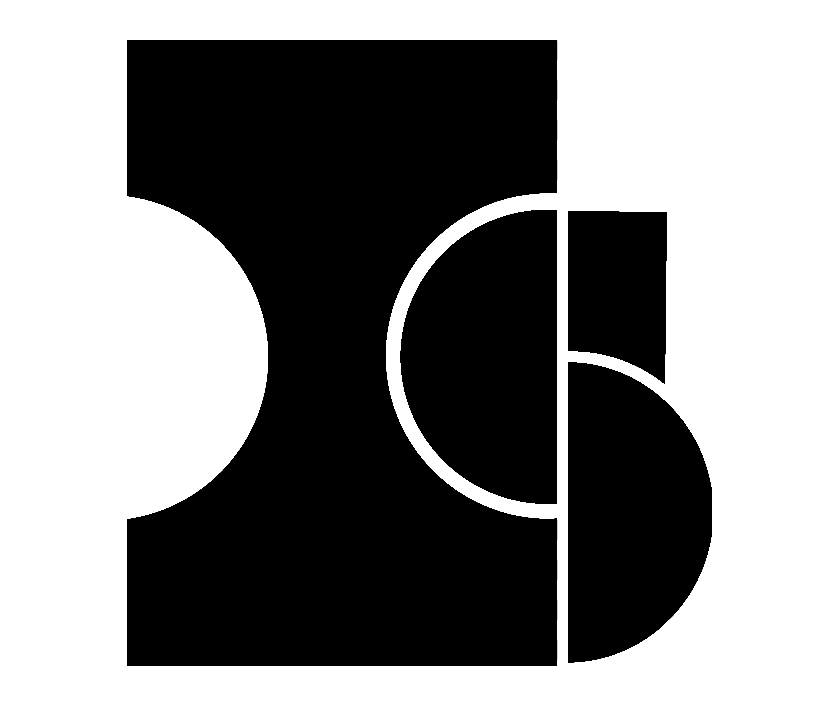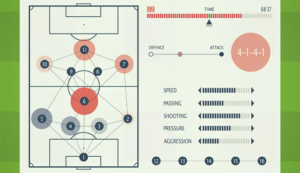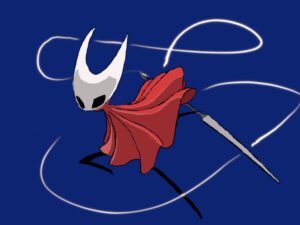PART 1 – INTRODUCTION
From a young age, I began attending hour-long tennis lessons every Saturday. During these lessons, I learned all of the basic tennis moves: forehand, backhand, serve, volley, smash. My tennis skills soon blossomed, and with my height advantage and upper body strength, I was able to beat many of my fellow teammates with ease.
However, my tennis skills, as all things do, eventually plateaued, leaving me to be a rather mediocre tennis player. I didn’t care that much though, as I was still able to win at least half the time, and simply chalked it up to me having ‘good days’ and ‘bad days’; some days I would win spectacularly, some days I would struggle to even lay my racket on the ball. And I was okay with that. But soon the bad days began outnumbering the good days; fantastic victories were replaced by feeble losses, and I came to profoundly dislike those one hour sessions.
Then COVID came along and brought forth a complete shutdown of everything: schools, the club I frequented and with it, the tennis courts. I, having been in somewhat of a tennis slump, wasn’t particularly disappointed, and forgot about tennis for a very, very long time…
In the summer of 2022, I begrudgingly resumed tennis lessons. I was nervous about coming back – and rightfully so: it had been 2 years since I’d actually laid my hands upon a tennis racket, and I had only the vaguest memories of how to play.
But I was foolish to have worried – after all, I was just days away from meeting Coach Nikolaj, who would forever change the way I thought about tennis.
PART 2 – ADAPT TO YOUR ENVIRONMENT
Ever since resuming tennis lessons in August, I had been expecting a dramatic surge in my tennis skills, but as time went on, this was looking increasingly unlikely. I was frustrated. After all, I was doing everything my coach told me to do: bend your knees, tilt your racket, face sideways – but everytime I stepped onto the court and swung my racket, these tricks failed me. No matter how many new skills I acquired, my progress just wouldn’t budge.
——–
It was on a brisk October morning when I learned my first true tennis lesson.
On that day, it was just Coach and me playing on that red clay tennis court. He stood on one side of the court, feeding me the ball, and I stood on the other side, trying, but unable to hit it back. Again, I was feeling frustrated. Every single tip and trick in my Coach’s playbook I had implemented into this match, but everytime my racket touched the ball, it was as if some black magic was causing it to go barrelling out of bounds, or worse, facefirst into the net. Nevertheless, I persisted, believing that sooner or later, it had to work.
Seconds later, Coach Nikolaj arrived by my side, a mix of concern and frustration etched into his face.
“When I’m hitting the ball,” Coach said, slowly positioning the arm that held his tennis racket, “I need to be aware of what is different in this match versus other matches. Maybe my opponent likes hitting short and then long to make me run, so when I get the ball I hit to the side to make him run instead. Maybe my opponent always hits on the right side of the court, so by the time the ball comes, I am there and ready to hit the ball back.”
“Tennis is a game of constant adaptation. You cannot expect every opponent to play the same, so every game you constantly need to be adjusting your body in order to achieve the results you want,” At that moment he dipped his racket so it barely grazed the grainy court and looked me right in the eye, “Okay,” he said, “Let’s rally.”
——–
As I sit here writing, many months after that brisk October morning, I feel that I cannot overstate just how important that moment was to me. In tennis, and in life, I had always felt that there were a set number of things you needed to do in any given situation in order to succeed. Do those things and: instant victory. But after hearing what my Coach said, I realized that it was a little more complicated than that. Every game, and every situation is different, and not appreciating those nuances is like trying to stuff a square peg into a round hole – it simply won’t work. So we learn to adapt.
For example, I used to cram all my studying the week before a test, which worked well for me last year. However, I didn’t take into consideration the fact that last year I had more time to study, whereas this year I had to juggle homework and revision. Still, I used my old method, and it resulted in me having lower overall scores. But once I accepted these key differences, I began practicing material weeks before a test was announced, which resulted in me having higher overall test scores.
For me at least, a person very much set in his ways, it’s hard to recognise these differences, and even harder to come up with solutions to deal with them. But I’m trying. I’m trying so hard to see why things that work in certain situations don’t work in others, and in the process I am, in a sense, rethinking how I live my life.




